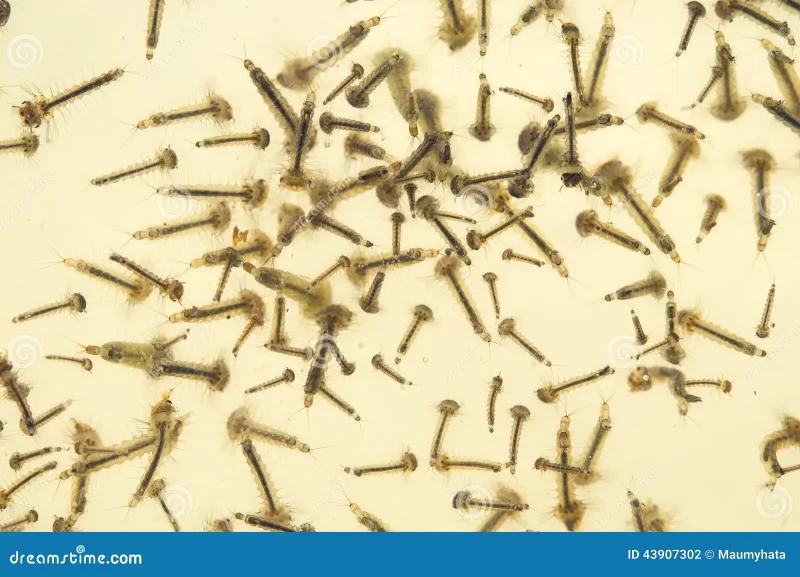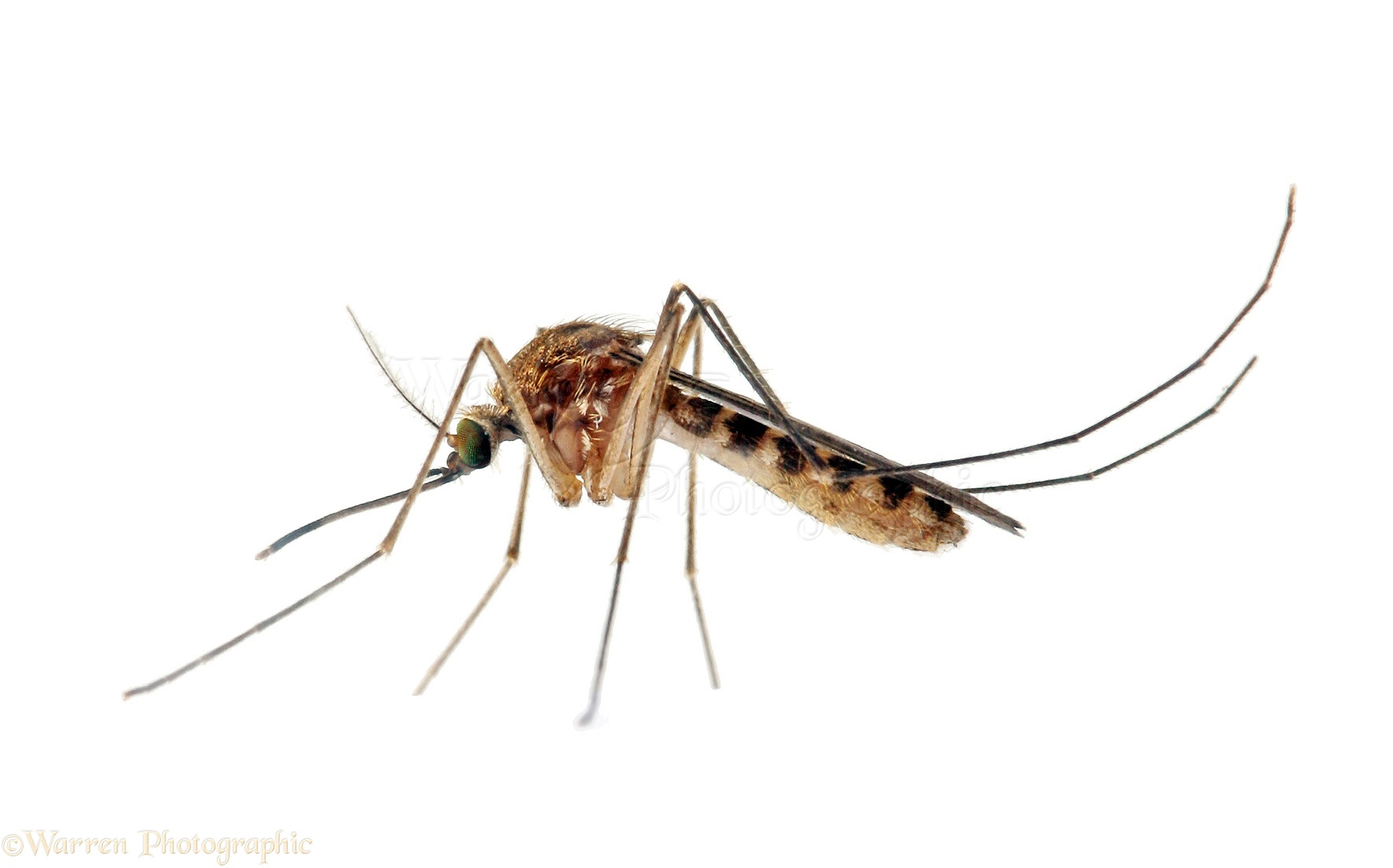By Linda Peacock, Master Gardener, SCMG
In Ontario the typical mosquito season has been May to September, however, with the recent warming trend it can start as early as April and last well into October. This makes mosquitoes such a nuisance! I live in a swampy area which has its advantages, with permanent green grass, spring peepers, red winged blackbirds, and dragonflies, but it does mean we are always surrounded by mosquitoes. So, I have made it my mission to learn how to fight back as best I can. To make things worse, I really do not want to use sprays in the yard that will harm other insects. Since I have a small pond in the yard and a wet environment, I was afraid I was doomed, but I have learned there are things even I can do!
First a few mosquito facts:
- There are over 2,500 species worldwide, 82 species in Ontario, 5 are common, only a few can spread diseases.
- The World Health Organization identifies only two mosquito-borne diseases in Canada, they are West Nile and St. Louis encephalitis.West Nile is the more prevalent, however, according to Health Canada the risk of getting this illness or any serious health effects is very low.
- Arboviruses are viruses spread to people by insect or tick bites.You cannot catch them from casual contact with an infected person.
- Mosquitos are actually true flies (from the family Culicidae) and they are the only true flies with scaled wings.
- It takes only 7-10 days in water temperatures between 22-27°C for a mosquito to become a biting adult from an egg.
- Each female can lay between 100-400 eggs.
- Only females bite, they need the blood to develop eggs, however, their main source of food is still sugar.
- A fertilized Culex female can survive over the winter in animal burrows, cellars, sewers, etc.
- Their natural predators are fish, dragonflies, water bugs, and several species of birds, most of which live in or around the water.
- Bats will eat some too, but it is not their preferred food source they don’t eat as many mosquitos as previously believed. They are opportunistic eaters and prefer beetles, wasps, and moths.
- Environment Canada says with the increased seasonal temperatures, the mosquito population has increased 10% in the last 20 years.Yikes!

mosquito larvae
How Do We Stop Breeding More In Our Yards?
Anopheles, Culex, Aedes (including Ochlerotatus), Mansonia (Coquillettidia) and a few species of Culiseta are the most common mosquitoes in Ontario. Most of these mosquitos live 4-8 weeks. Some feed on birds, some on reptiles and amphibians, some on mammals and some on birds and mammals. They all lay eggs in or around water, on water surfaces, or mud by the edge of a pond. Common house mosquitoes, Culex pipiens, lay eggs in bundles on the surface of fresh or stagnant water. They only need approximately 1 Tbsp of water to breed. Anywhere the water may stay for up to 7 days is a possible site. Anopheles lay their eggs singly on the water surface. Aedes lay single eggs in select damp soil.
Our best defense is “drain and cover” to avoid creating breeding sites. We need to empty these sites every other day or after a rainfall: ruts from tires, cans, jars, tires, buckets, wheelbarrows, boats, tarps, pool covers, coolers, toys, hollow stumps, garbage cans, wading pools, wet leaf matter, pet water bowls, plant pots, clogged roof gutters or ditches, yard decorations, bird baths even discarded disposable water bottles and their lids. I admit, up until now I have been guilty of leaving a half-full watering can beside each rain barrel. Bromeliads and other plants that collect water in their leaves need to be flushed out with clean water. Rain barrels need to be covered with screening. Drill holes in tire swings. Fix leaking faucets that constantly provide a source of water and aerate ornamental ponds.
You can use inexpensive goldfish in ornamental ponds to eat mosquito larvae. Artificial ponds can be stocked with bass or rainbow trout that also eat mosquito larvae providing it does not have an outflow to a natural water source. MNR needs to be consulted before stocking any natural water body with non-native fish.
Healthy wetlands are not a concern, they are a mosquito habitat, however, they also house their predators, and they reduce flooding which causes further, more dangerous habitat for mosquitoes.
What Works to Keep Them From Biting Us!
If they don’t bite us, they can’t produce eggs, and besides, their bites itch!
Wear light-colored clothing, they don’t see them as easily. Closely weaved fabric such as nylon or polyester or sun-protection clothing are the most effective. The looser the clothing the better, if they do land, they are further from your skin. Dress as cool as possible (while covering as much as you can), they are drawn to pheromones in sweat.
Yellow incandescent lights or fluorescent lights are also less attractive to them. Stay scent-free. Avoid being outside during dawn or dusk hours when they are most active.
Lower the direction of your fans, since any breeze over 1 mph makes it hard for them to fly, they fly lower to avoid wind.
DEET is one of the most studied ingredients over the last 50 years. It is deemed safe by Health Canada for protection from mosquitoes and ticks. The proper way to apply it is to spray onto your hands and then apply it to exposed skin areas. Avoid any cuts or skin irritations, using lotions will avoid inhaling it. Health Canada recommends nothing over 30% for adults and 10% for children. Children over six months to 24 months only 1 application per day, ages 2 to 12 years old a maximum of 3 applications per day. It really depends on how long you will be exposed to determine the percentage you would need. If you are going to be outside for 90 minutes you only need 7-10%, however, all you need to extend that time is to reapply. If you plan to be outside for up to 5-7 hours, 7-15% would suffice. Read and follow all label directions and remember to use sunscreen before applying.
Products containing Icaridin (also known as Picaridin) are effective for 3 hours at 9.3%, 7 hours at 10%.
Products containing PMD (para-Menthane-3,8-diol) contain the oil from the lemon eucalyptus tree. They will deter mosquitoes and blackflies, but they should not be used on children under 3 years old.
What Does Not Work?
Citrosa plants do not have enough citronella oil to make an effect. Citronella lanterns or other products are not as effective as those that include linalool and geraniol as ingredients.
There has been a lot of talk about different blood types being attractive to them, but that has not been proven. Increasing Vitamin B intake does not have an effect.
Bug zappers, and repellents that emit a high-frequency sound, ultra-violet or black lights are not effective. It is inconclusive that traps using carbon dioxide and octenol are effective.
Happy mosquito season – hopefully we can avoid them a little bit more this year!






